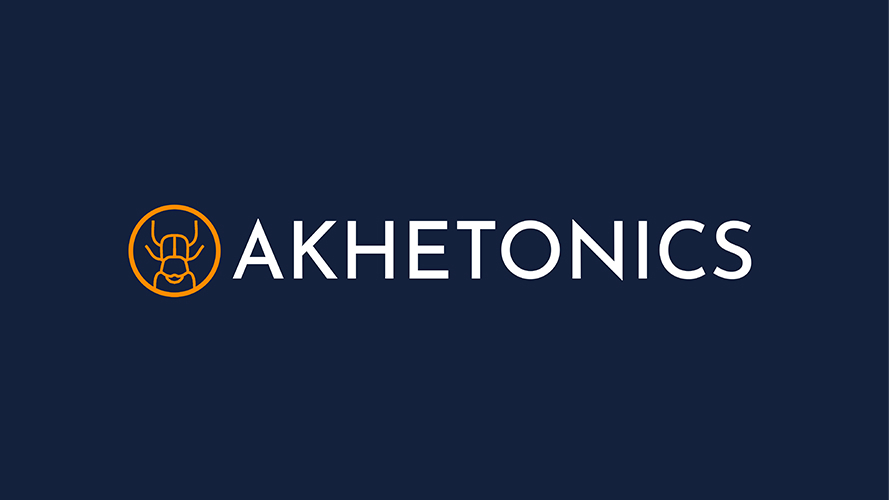German startup Akhetonics has raised €6 million in seed funding to advance photonics technology for next-generation chips, aiming to meet the growing demand for AI-driven computing performance
Akhetonics, whose name is a portmanteau of Akhet, an Egyptian hieroglyph for “horizon,” and photonics, is explicitly striving to develop a general-purpose chip, while numerous companies are collaborating with photons to address ancillary issues or provide point solutions that combine electronics and photonics.
In this context, “general purpose” refers to chips that are capable of being utilized for a wide range of software applications and duties.
In environments that necessitate high-performance in real time, such as networking, avionics, and space, Akhetonics’ all-optical approach could be particularly advantageous, as it will be digital and compatible with existing applications, in contrast to analog approaches.
In addition to speed, energy efficiency is another area in which photonics can be beneficial. This aspect is becoming more closely associated with geopolitics, as is chip sovereignty. Michael Kissner, co-founder and CEO, stated to TechCrunch, “The most intriguing aspect for us is the diversity of our supply chain.”
Akhetonics has the potential to manufacture its general-purpose chip in any location, thereby enabling companies to access high-performance computation that is locally sourced—provided that it is functional. That is a significant “if”; or, more specifically, “when.”
The majority of observers concur that photonics will eventually be integrated into chips. However, French venture capital firm Daphni recently announced that it will not be investing in general-purpose processors at this time.
Although Lightmatter, a photonics company that initially concentrated on chips, successfully transitioned to interconnects, enabling quicker data transfer between CPUs and GPUs in data centers.
Matterwave Ventures, the venture capital firm that led Akhetonics’ new round, is of the opinion that the time is ripe for the application of entirely optical technology to general-purpose computation, despite the fact that it may still appear as a distant possibility to some.
Silviu Apostu, the principal, stated to TechCrunch, “We felt that there are enough factors that are aligning to make this a reality.”
This will still require time, but it may not be as significant as some individuals anticipate; Akhetonics intends to provide its initial commercial product to customers by the middle of the following year.
Kissner is certain that its feasibility has been verified as a result of its prior funding round in 2023 with deep tech VC firm Runa Capital. “Our primary objective was to demonstrate that general-purpose computing can be achieved solely through optics, and we have successfully accomplished this,” he stated.
According to Apostu, the approach of Akhetonics is contingent upon the reevaluation of the architecture from the ground up.
“People believe that you require billions of [optical transistors],” Kissner additionally stated. “However, with the appropriate architecture, this is not the case.” For example, the organization detailed in a recent paper how it can operate without the conventional optimization that AMD, Intel, and Nvidia have implemented on their current-generation processors.
This also results in a more cost-effective development process than that of conventional chips, which is why chipmaking businesses typically employ relatively tiny, round chips.
Akhetonics stated that the majority of the capital funding will be allocated to the expansion of the number of employees to 30 as the team strives to provide prototypes to customers. Kissner proposed, “It is actually a substantial sum of money for us.” “In our world, it is possible to design a chip for €50,000.”
In contrast to current AI semiconductors, the “trillion dollar Al industry” is dependent on processors manufactured in geopolitically unstable regions, which are distinguished by their lower costs and local supply chains.
Kissner appears to be perplexed by this fact. Investors have evidently responded favorably to Akhetonics’ unconventional positioning. He stated, “They are truly committed to our mission to establish this European, nearly democratized version of high-performance computing.”
In spite of this, there are still uncertainties regarding the commercial demand for high-performance computation and whether it could be more effectively addressed through the implementation of integrated photonics for particular applications.
However, all-optical processors are the optimal solution for Akhetonics and its competitors, such as LightSolver.



